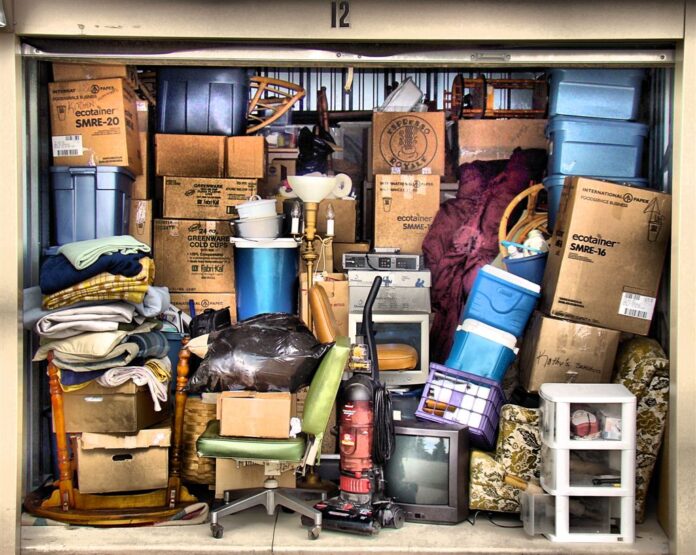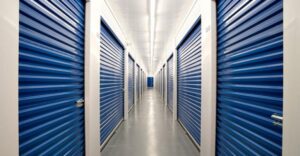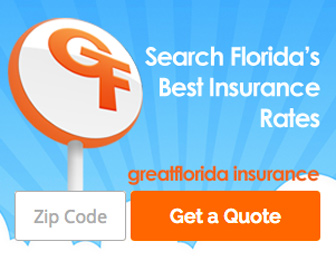Self-storage is a $38 billion a year industry. According to Sparefoot, an online source for self-storage information, over nine percent of households rent a self-storage unit. While Floridians spend an average of $88.68 a month on storage unit rent.
The Self-Storage Association reports half of all units are rented for a year. Many people find storage units a temporary solution during a move or while in transition. “A lack of attics and basements in Florida homes might leave you short on storage space,” says Dustyn Shroff, Vice President of Great Florida Insurance, Florida’s largest independent homeowners insurance agency.
However, not all storage rentals are temporary. 30 percent rent for two years or more. Of longer term renters, fifty percent are simply storing what does not fit in their home. And others have sentimental items they emotionally cannot deal with. While some are storing items they no longer need or even want. Often, long term self-storage renters forget what is in the storage unit.
Whether you appreciate your self-storage unit or loathe it, make sure your items are insured. Before renting a storage unit, contact your insurance agent or review your homeowners insurance or renters insurance. Your homeowners insurance or renters insurance policy may protect your items in storage.
“When you sign up to rent a storage unit, the self-storage company may try to sell you insurance, but chances are you already covered,” says Dustyn Shroff, Vice President of Great Florida Insurance, Florida’s top independent homeowners insurance agency.
Check if your policy covers items that are stored at an alternate location other than your home. While a renters insurance policy or homeowners policy will cover your belongings, it might not cover them as fully as the ones kept in your home.
Stored belongings might only be covered by a small percentage. A homeowners insurance or renters insurance policy usually protects personal property up to 10 percent of the amount of coverage in your policy.
Exclusions your homeowners or renters policy might not cover include flood or water damage, mold and mildew as well as losses incurred from the failure to maintain the unit properly, which is the responsibility of the storage company.
If you are storing a valuable collection, you might require a personal liability or umbrella policy for additional coverage and peace of mind. If you plan to keep a vehicle, motorcycle or ATV, you will most likely require separate auto insurance.
To properly safeguard your things selecting a storage facility to suit you and your belongings. Make sure to look for the following when shopping for a unit.
Gated facilities
24/7 security camera
Keypad access or a lock with short arms resistant to bolt cutters
Inspect the unit for pests or leaks before renting.
Choose a climate controlled unit that will protect against mold and mildew.
Do an inventory of what you have in storage along with the estimated value of each item and a picture.





